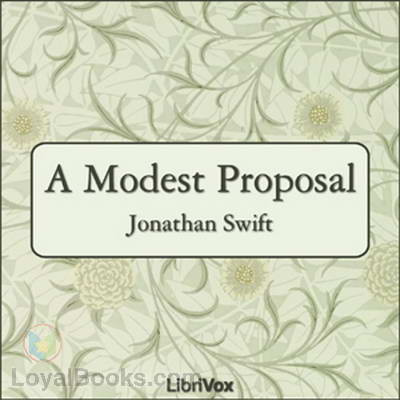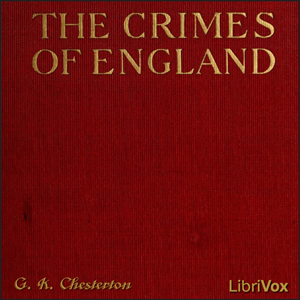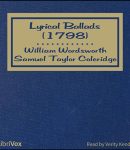
Short Poetry Collection 094
This is a collection of poems recorded by LibriVox volunteers for the month of January 2011. [chương_files]




















This is a collection of poems recorded by LibriVox volunteers for the month of January 2011. [chương_files]

This is a collection of poems read by LibriVox volunteers for December 2011. [chương_files]

2012 is the 200th anniversary of Dickens’ birth. This is the third volume of this collection, which aimed to catalogue as many as possible of Dickens’ short works which had not previously been recorded for LibriVox. (Summary by Ruth Golding) [chương_files]

Lyrical Ballads, with a Few Other Poems is a collection of poems by William Wordsworth and Samuel Taylor Coleridge, first published in 1798 and generally considered to have marked the beginning of the English Romantic movement in literature. The immediate effect on critics was modest, but it became and remains a landmark, changing the course of English literature and poetry. Most of the poems in the 1798 edition were written by Wordsworth, with Coleridge contributing only four poems to the collection, including one of his most famous works, The Rime of the Ancient Mariner. (Additionally, though only the two writers are credited for the works, William’s sister Dorothy Wordsworth’s diary which held powerful descriptions of everyday surroundings influenced William’s poetry immensely.) (Summary by Wikipedia) [chương_files]

John Dryden published Absalom and Achitophel: A Poem in 1681. It is an elaborate historical allegory using the political situation faced by King David (2 Samuel 14-18) to mirror that faced by Charles II. Each monarch had a son whom a high-ranking minister attempted to use against him. James Scott, first Duke of Monmouth, Charles II’s illegitimate son, was detected planning a rebellion late in 1681, supposedly instigated by the Earl of Shaftesbury, who was tried for high treason, and it is believed that Dryden wrote the poem in an effort to sway the jury in his trial. The fates of both Absalom (Monmouth) and Achitophel (Shaftesbury) are left unspecified at the end of the poem (Monmouth did rebel in 1685, after his father’s death, and was executed, and Shaftesbury was acquitted), but we are left to surmise that their fates would resemble those of their Biblical counterparts: Absalom was killed against David’s instructions and Achitophel hanged himself. The poem can be enjoyed without any special knowledge of either the Bible or seventeenth-century English history, but it is useful to understand why Monmouth (AKA Absalom) was such a useful tool to use against his father: Charles had many illegitimate offspring, but his wife was barren, so at his death the crown would pass (did pass) to his brother, James, who was Catholic, but Monmouth was Protestant as well as well-beloved by both the king and the people. England had good reason to dread a return of officially enforced Catholicism. The […]

A collection of Twain short stories including: The Loves Of Alonzo Fitz Clarence And Rosannah Ethelton On The Decay Of The Art Of Lying About Magnanimous-Incident Literature The Grateful Poodle The Benevolent Author The Grateful Husband Punch, Brothers, Punch The Great Revolution In Pitcairn The Canvasser’s Tale An Encounter With An Interviewer Paris Notes Legend Of Sagenfeld, In Germany Speech On The Babies Speech On The Weather Concerning The American Language Rogers [chương_files]

This is a collection of 29 poems read by LibriVox volunteers for January 2014. [chương_files]

This is a collection of poems read by LibriVox volunteers for the month of July 2010. [chương_files]

The experiments herewith reported were undertaken with the view of introducing certain improvements into the oil-drop method of determining e and N and thus obtaining a higher accuracy than had before been possible in the evaluation of these most fundamental constants. From the Physical Review, Vol. II, No. 2 [chương_files]

This is a collection of poems recorded by LibriVox volunteers for the month of November 2010. [chương_files]
Copyright © 2024 | FreeAudible